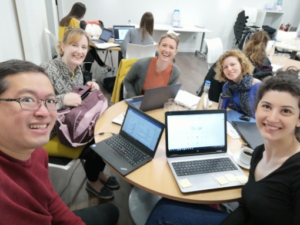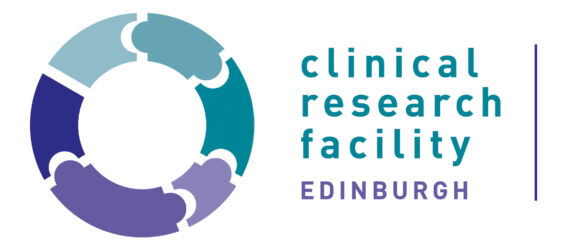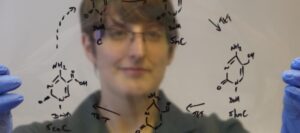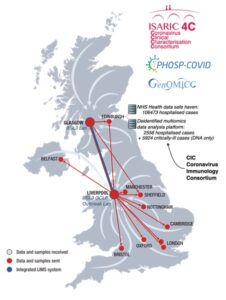This week we have a the first part of a super guest blog from one of our students, Shawn Soh. Shawn highlights his experiences attending ECRF Education Programme courses in both an online and face2face capacity.
The review of curriculum for teaching and learning has always been done within organisations for its objectives, relevance, and the need to keep abreast with best current practices. Depending on the agenda, decolonising the curriculum is one perspective which may be brought alongside the review.
The idea of decolonisation of higher education started two decades ago as a movement to ensure that the knowledge and practices of indigenous people were represented in the higher education curricula of post-colonial countries. Recently, the concept of a decolonised curriculum has been raised amongst educational institutions to emphasise an inclusive curriculum that considers the broader diversity of all learners. Decolonisation of the curriculum challenges our assumptions of knowledge and the ways of teaching and learning. Through an approach of embracing the diversity of knowledge, the different epistemology towards learning, and the provision of learning resources, the student may embark on a rewarding self-discovery journey of exploring and defining success by themselves in their own ways. In this context, I will discuss decolonising the classroom through my personal experience with the different delivery modes of training courses offered by Edinburgh Clinical Research Facility (ECRF) for my flourishment of academic learning.
I still vividly remember my first training course held at the ECRF, Western General Hospital (WGH) on 29th May 2019. The course was “Planning and conducting a systematic review: From quality appraisal to publication (Part 2)”. The training came timely for me as I was a first-year PhD candidate and needed to inaugurate my PhD journey with a systematic review. When I first heard about the course I rushed excitedly to sign up. You may wonder why I had only signed up for Part 2. Well, as a student, I had to be price-conscious and needed to be selective on the courses to attend..
The course was well-attended with about twenty participants. I remembered feeling slightly out of place, given that I was only attending the second part of the course. The group of students appeared to know each other, perhaps from the early interactions during the first part of the course. However, the momentarily discomfort dissipated when I was warmly received by the staff and the course tutors. I was also glad to meet three of my PhD classmates.

The course was well-planned and well-conducted. The course tutors took no assumption of the current knowledge of the students. They paced the teaching according to the feedback received from the students. The session catered well to the different levels of students’ knowledge. Many students were keen to learn about the planning and to conduct the systematic review, with a view of an eventual publication. The course tutors were supportive and attempted to clarify any doubts that the students may have. Students also had the opportunity to give their opinions on various subjects. There was no sense of power imbalance between the tutors and students. Each concern raised by the students was respectfully answered. There was no sense that one needed to have the lingua franca to articulate their concerns. I felt that the message brought across the classroom was that “we endeavour to help you succeed”.
The course was useful for those who were doing systematic review through a form of the Cochrane Review. Unfortunately, I later discovered that I had to use the COSMIN (COnsensus-based Standards for the selection of health Measurement Instruments) method for my systematic review. Nevertheless, I found the course well delivered and met its course’s aims and objectives.
Decolonising learning helps students to recognise, understand, and challenge the ways in which our world is shaped by colonialism. It also prompts us to examine our professional practices. Through my learning in the physical-based space interaction, I was able to witness the interactions between course tutors and students. Learning through the physical space allowed diverse learners (their voices, background, gender, different level of knowledge, etc.) to come together and transform the learning practice. I greatly appreciated the various elements of respect, professionalism and encouragement of participation, inclusion and emancipation illuminated in the course.
Some pros of physical space
- Physical interaction between course tutors and students
- Ability to pace the session accordingly based on verbal and non-verbal cues
- Ease and accessibility of hand-hold guidance offered by course tutors
Some cons of physical space
- Travelling time
- Higher cost
- Need for logistic planning, e.g. bring a laptop












